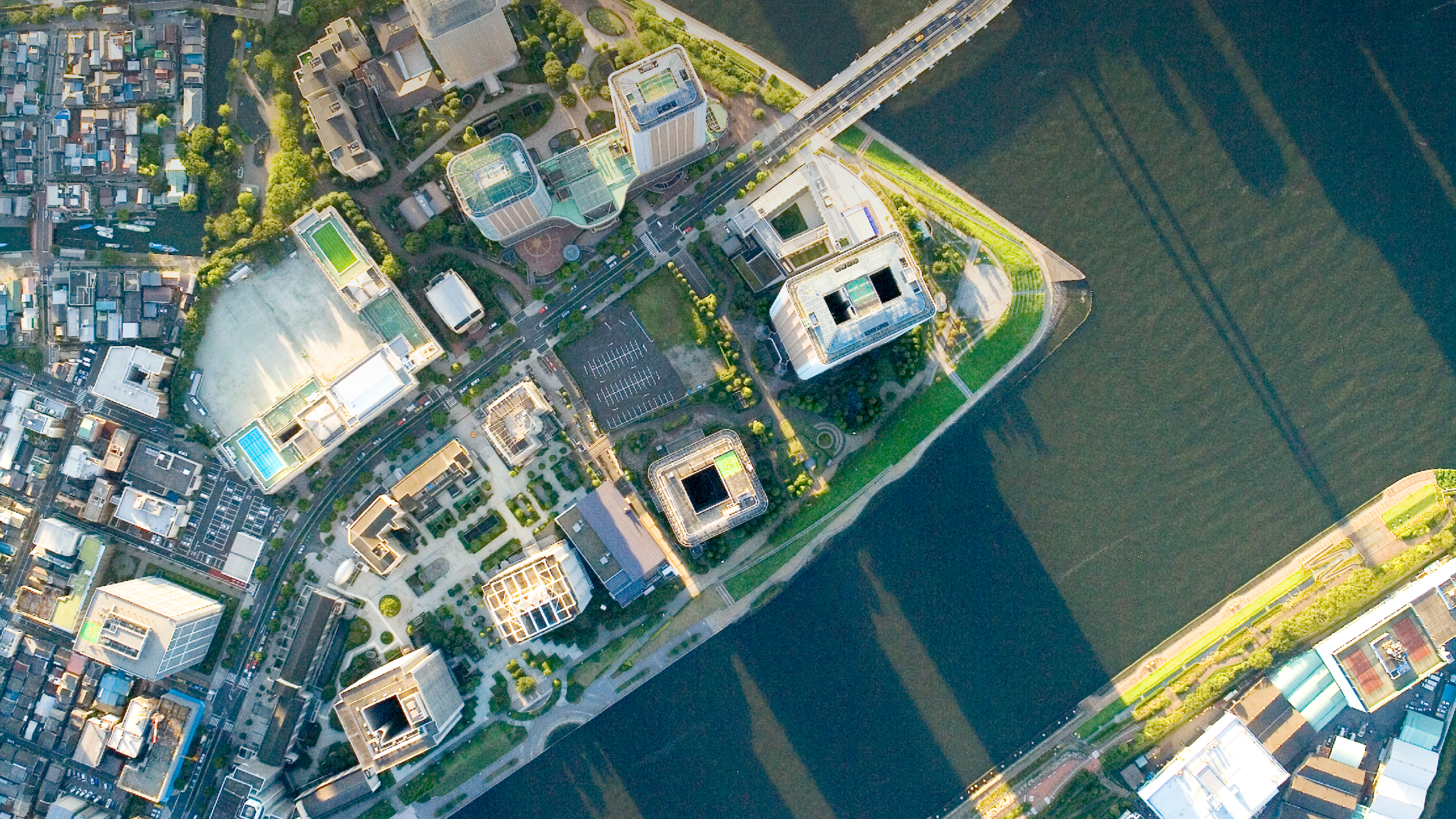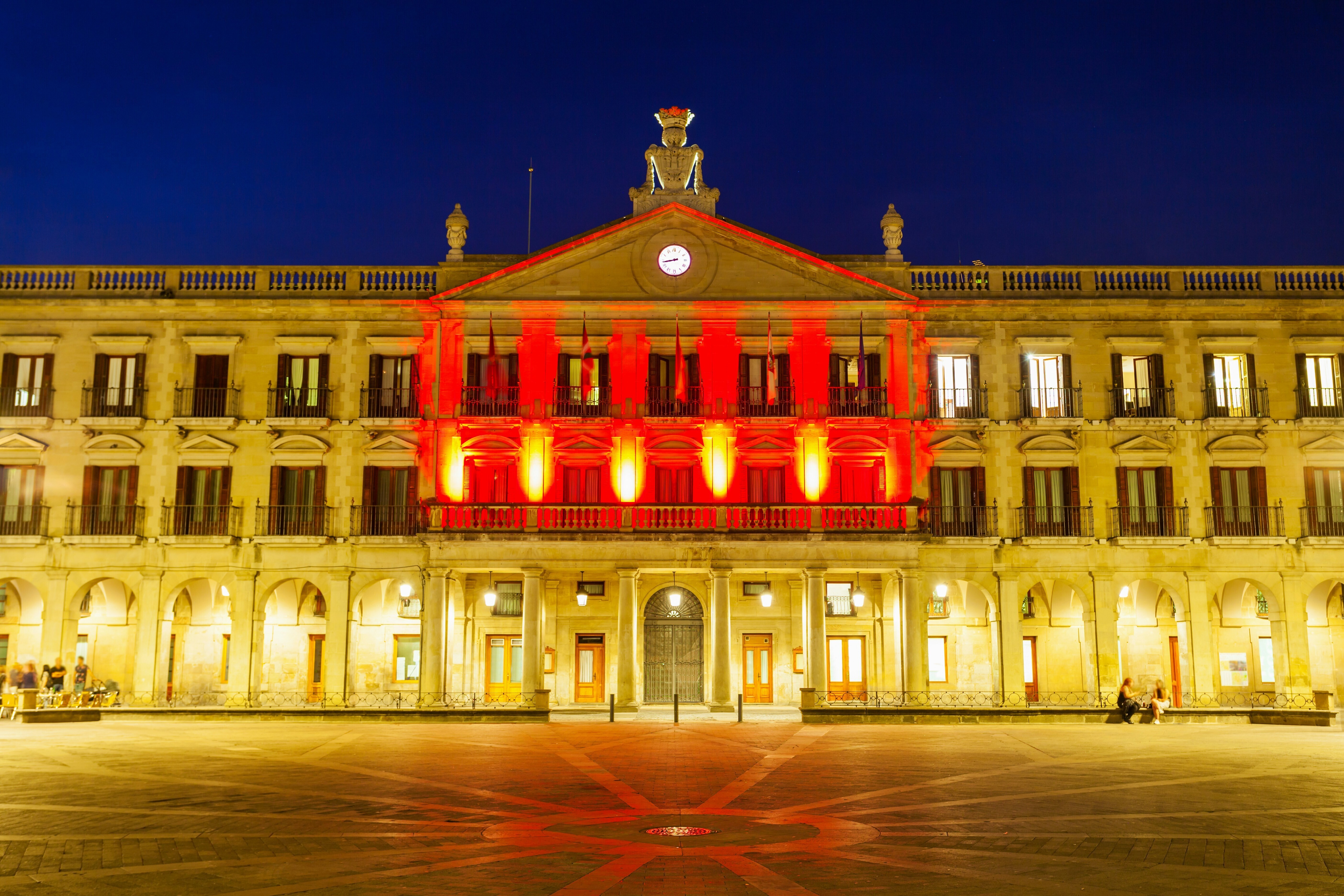These are the world's most expensive cities for public transport

London's public transport system tops the list. Image: REUTERS/Toby Melville
Deutsche Bank recently released the 8th edition of its annual survey of global prices and living standards from various cities and countries. Among the many different categories analyzed was the price of public transportation in 55 major cities. The research uncovered a major disparity in the cost of a monthly ticket and it ranged from $89 in Berlin to just $15 in Buenos Aires on average. Nowhere has average public transportation costs as high as London, however and a monthly pass sets commuters back a whopping $179. Despite the high price, the UK's capital does have an extensive and efficient network with the buses, the tube and light rail accounting for 37 percent of the city's journeys.
Dublin comes second on the list of the most expensive cities for commuters and a monthly ticket in the Irish capital costs $128 on average. Auckland in New Zealand comes in third overall with $125.70. The first U.S. city on the list is New York where a monthly pass averages $121 while Chicago is ninth with $107. Visitors to London who attempt to avoid the high cost of public transport and opt for car rental should beware. The UK's capital also has the highest average daily costs for hiring a car at $172. That's before drivers even have a chance to factor in the hefty costs of parking.

Don't miss any update on this topic
Create a free account and access your personalized content collection with our latest publications and analyses.
License and Republishing
World Economic Forum articles may be republished in accordance with the Creative Commons Attribution-NonCommercial-NoDerivatives 4.0 International Public License, and in accordance with our Terms of Use.
The views expressed in this article are those of the author alone and not the World Economic Forum.
Stay up to date:
United Kingdom
Related topics:
Forum Stories newsletter
Bringing you weekly curated insights and analysis on the global issues that matter.







